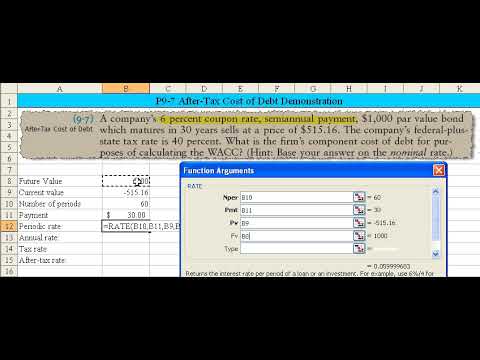Publication 594, The IRS Collection ProcessPDF, explains the collection process in detail. For audits conducted by in-person interview – If your audit is being conducted in person, contact the auditor assigned to your audit to request an extension. They may accept it; or if the auditor notes something questionable, they will identify the items noted and forward https://kelleysbookkeeping.com/home-office-tax-deductions-for-small-business/ the return for assignment to an examination group. All features, services, support, prices, offers, terms and conditions are subject to change without notice. Jensen said the IRS has ramped up the number of audits it does in response to the country’s economic woes. That means people should not think they’re in the clear if they do not earn a lot of money.
- With ADR, a trained mediator works with you and the IRS employee assigned to your case to come to an agreement.
- When your tax return and the IRS’ files don’t match up, it can trigger an audit.
- If you are unable to submit the request by fax, mail your request to the address shown on the IRS letter.
- For example, if a taxpayer files for bankruptcy, the statute of limitations is suspended until the bankruptcy is discharged.
- If you disagree with the IRS tax audit findings, you have options.
- The IRS may choose to go back six years, even with no evidence of fraud or criminal activity.
You’ll also want to make sure that you can back up your returns with proof, so keep all tax-related records for at least three years. That’s true even if you cannot pay the money owed or are owed a tax refund. When facing a tax audit, you should enlist the help of an expert who can help you navigate the system. Seek out a tax professional such as an enrolled agent, CPA, or tax lawyer for tax advice. A criminal investigation may be initiated when an IRS agent detects possible fraud on an income tax return.
How long should you save business records?
Working at home does not automatically mean you can deduct expenses related to your home office and related expenses, like utilities. Eligibility for the so-called “home office deduction” is generally limited to self-employed individuals and small businesses. Even then, the deduction will be disallowed if you don’t actually use the space as an office, don’t strictly maintain the space for business use, or don’t otherwise strictly comply How Far Back Can The Irs Audit You? with the rules. Generally, the IRS must audit a return within three years of its filing, but there are some situations in which the IRS can audit a return after that time period. Listed below are some of the more common features or characteristics of a return that may make it more likely to be selected for an audit. Although the IRS audits only a small percentage of filed returns, there is a chance the agency will audit your own.
You aren’t alone if you don’t look forward to filing taxes, but tax season doesn’t have to be a nightmare. Advance planning and solid organization can help your business navigate successfully and smoothly through tax season. No one wants to go through an audit twice, but there are steps you can take to avoid future audits. Staying on top of your books and hiring an experienced tax advisor to prepare your taxes are two of the most important ways you can maintain confidence in your position with the IRS.
Excessive deductions
The standard nightmare has Internal Revenue Service agents with badges showing up on your doorstep, or the agency—seizing smorgasbord-style—the bulk of your personal assets. Often the audit can be handled by mail, and you won’t even have to meet the auditor face to face. This might be the situation, for example, if the IRS is simply requesting documentation to support claims on your return. Since the IRS is normally allowed to audit the past three years’ tax returns, you should keep all tax returns and records for at least three years. Some experts recommend keeping tax returns for up to six or seven years in case the IRS goes back further than three years when conducting an audit. The IRS has up to three years to assess additional taxes after conducting an audit, though they can request an extension to this.

In any audit situation, gathering receipts is no fun, nor is explaining what you claimed and why. So try to plan ahead, be prepared, and consider having professionals handle it. Say you sell a piece of property for $3M, claiming you bought it for $1.5M. The effect of this basis overstatement is that you paid tax on $1.5M of gain, when you should have paid tax on $2.5M. In U.S. v. Home Concrete & Supply, LLC, the Supreme Court held that overstating your basis is not the same as omitting income. The Supreme Court said 3 years was plenty for the IRS to audit.